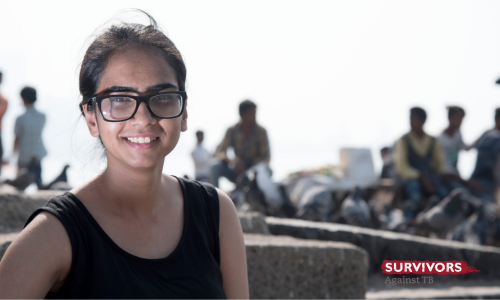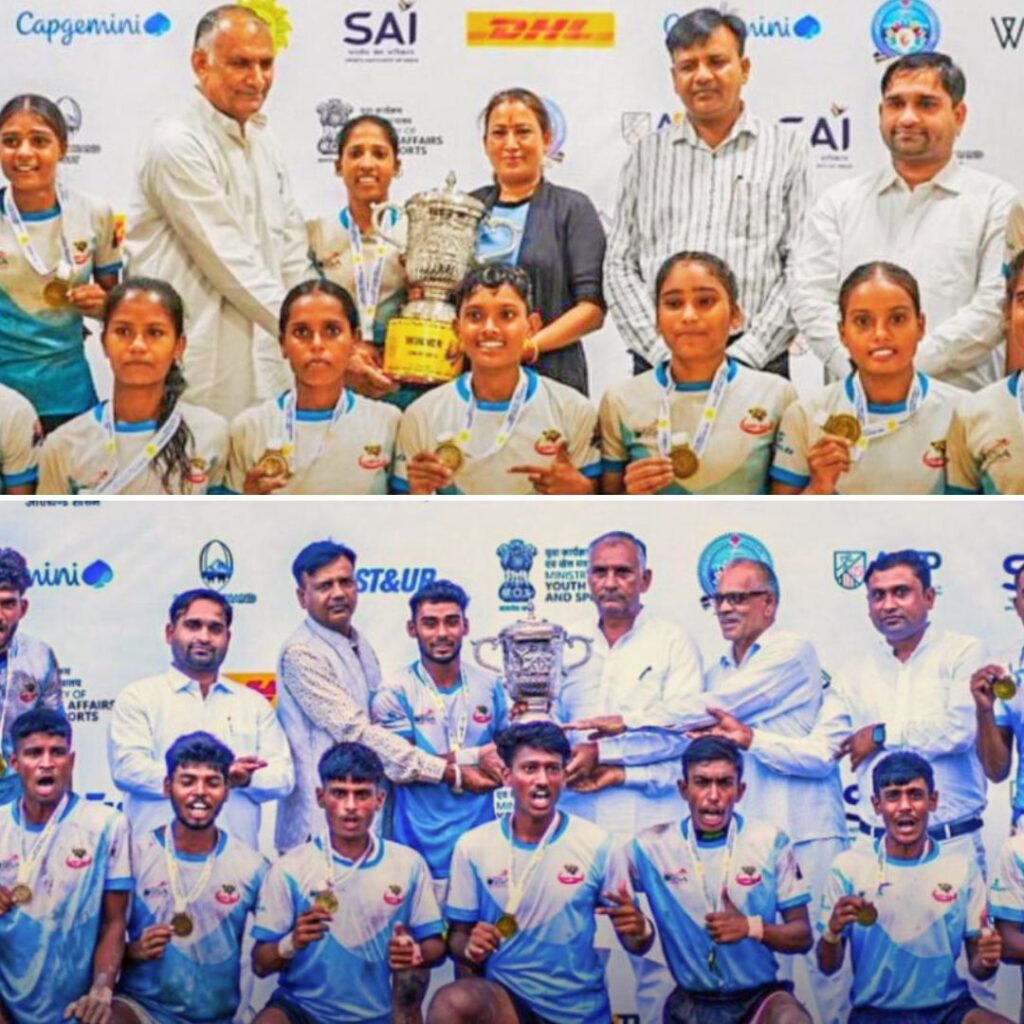I am a creative professional, photographer, independent woman and an Extensively Drug-Resistant Tuberculosis (XDR TB) survivor. The last bit is particularly relevant because when I was fighting TB, I looked for others – particularly women – who were openly stating that they had fought and defeated TB. Or that they had built productive lives after TB. Unfortunately, I found none.
Usually, I always refrain from being in the limelight. As a photographer, my approach is to remain in the shadows and watch the action from afar. This time, however, I realised that I had to be in the limelight and speak out.
It was 2013. I was barely 19 when I began coughing and losing weight. Don’t all 19-year-olds get that from too much partying? Or staying out? But it wasn’t that. Tests revealed that I had XDR TB. I wasted no time in seeking the right treatment – mostly because I was aware of TB. You see, I come from a TB affected family. My father, grandfather and uncles have also had TB in the past, and all have recovered. Just to clarify TB isn’t genetic – it can happen to anyone. But until that point, I didn’t realise that such misconceptions about TB fuel its stigma. I thought of it as just another disease.
I did not think that my family’s history with TB was a problem. I did not speak of it with bitterness, but with optimism. It was this history that helped me understand what to expect and how to deal with the disease. I was well supported. People around me knew what to do, treated me with care and made me laugh. You know how people say, ‘No, we won’t go to her house, she has TB.’ None of that happened to me. And yet, I did witness the lack of awareness about TB. And it was damaging.
Besides close family and friends, I did not tell anyone else about my TB. No one in my extended family, not my neighbours, nor the people in my college, knew about my hardships. I was sick but my sickness had no name.
TB can be treated – but ignorance and prejudice – what to do about that? While my friends behaved normally with me, their parents would ask them to stay away from me. My friends used to tell them, ‘No, it’s normal, it could happen to anyone, we have to take precautions.’ Our generation, they understand, they inform themselves, ask questions. But the earlier generations, for them TB equals a lot of fear, they don’t have awareness. They aren’t insensitive – they just don’t know enough. The government and the medical community are so busy curing TB that they forget to tell people how to deal with the TB affected. What they don’t realise is how it slowly eats away at your self-confidence, destroys your self-image and causes depression. You feel weakened, sometimes unable to accept your own disease status. TB isn’t about medicines alone, it’s about acceptance, courage – we have ignored for far too long.
When I was diagnosed with XDR TB, I was scared and then I saw my family. I could see how troubled and upset they were. I decided to face TB head-on. But the stigma was bigger and scarier than TB itself. So many questions bothered me – Will I ever have a normal life? Why should there be any stigma? Why is there silence around TB?
In all honesty, the silence around TB suffocated me. I was lucky to have the support and love of family and friends. But what happens to those, who don’t have a strong support system in place? I hear horror stories every day – how TB patients hide their diagnosis because of a fear of being discriminated against or left alone. Women bear twice the burden of stigma as compared to men. Not that men are spared. While women live with this constant fear of abandonment by their husbands or in-laws, men face losing jobs/livelihoods. There is often rampant discrimination at workplaces for people who contract TB – when this disease is no one’s fault.
When I began talking about TB, I realised people were maintaining a distance. Not every TB is infectious and most patients become non-infectious soon after taking medication. Also, TB doesn’t affect your ability to have children. You can live a perfectly normal life after TB. Today, I have not only survived TB but also a spokesperson for TB survivors with a group called Survivors Against TB.
I enjoy talking about TB. I am energized by breaking this silence. Every day is a new day. I chose to speak about TB because I don’t want those affected by TB to suffer. If you have TB, talk about it, don’t hide it, it’s not anybody’s fault – certainly not yours.
TB related stigma affects not just the patients, but also their families, and even communities. Survivors Against TB’s effort is to talk about stigma and TB, and together with society, bring an end to it.Read more at Survivors Against TB











